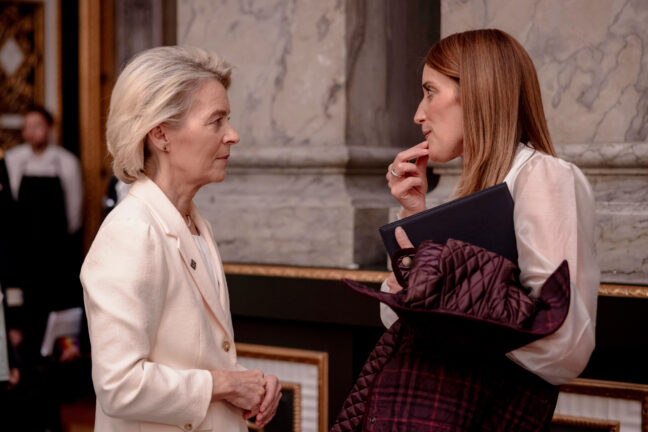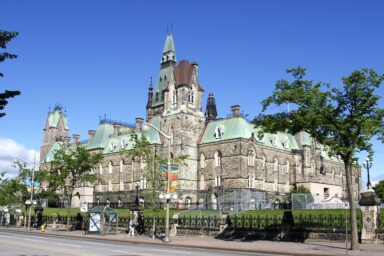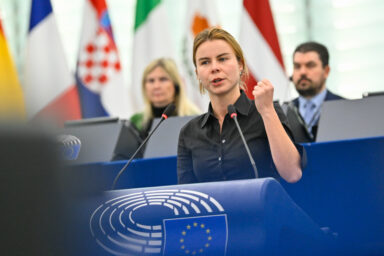EU Commission President Ursula von der Leyen, Parliament President Roberta Metsola, and Danish Prime Minister Mette Frederiksen met on Monday in a high-stakes session aimed at easing rising opposition in the European Parliament to proposed changes to the Common Agricultural Policy (CAP) and more. The reforms form part of the EU’s €2 tn draft budget (MFF) for 2028–2034. Officials acknowledged movement towards a compromise, even if few specifics were shared.
The European Commission had indicated on Sunday a willingness to revise its €2 tn draft budget following growing resistance from Parliament. Reports revealed that Commission President Ursula von der Leyen sent a letter over the weekend to Parliament President Roberta Metsola and Danish Prime Minister Frederiksen. The MFF, which sets EU spending priorities for the next seven years, requires Parliament’s approval to take effect. While the crunch meeting went ahead as planned, participants offered scant details.
X marks the spot
The president of the European Parliament on X called the meeting “a good one” and said she had communicated Parliament’s concerns about the CAP and more besides in the draft budget. Additionally, she wrote: “We had a constructive discussion on the EU Commission proposals on the role of regional authorities, the Common Agricultural Policy, and Governance, including the role of the Parliament. The proposals are a good step forward and the process will continue, including with our Plenary Debate this Wednesday.”
Commission President von der Leyen, meanwhile, said positions had gotten stronger contours, with the ground set for key discussions: “We have clarified and strengthened our objectives in 3 key areas: Securing the role of the regions, reinforcing the identity of the Common Agricultural Policy and enhancing governance. We now have a solid understanding of the proposals and a clear path forward.”
Tip your CAP: the Common Agricultural Policy is key
The debate focuses on the Commission’s plan to merge agricultural and regional cohesion funding into national programmes, valued at around €865 bn. Farmers and farmer organisations, long supportive of the two-pillar CAP system covering direct payments and rural development, have voiced concerns that greater control by national governments could lead to uneven treatment of recipients. Ms von der Leyen’s letter reportedly included measures to strengthen parliamentary oversight and introduce a “rural target” to channel a portion of funds to regional projects.
The CAP continues to be one of the most politically delicate aspects of the MFF, especially as Ms von der Leyen’s Commission operates under more intense scrutiny than in her first term. Farmers’ organisations and regional authorities have consistently defended the traditional two-pillar system, and groups like COPA-COGECA have firmly opposed the proposed changes. Any move toward more national control raises longstanding questions about fairness and transparency.
Will concessions be enough?
Whether Ms von der Leyen fully prevented a wider standoff ahead of Wednesday is still a question, though some details have emerged showing satisfaction among MEPs, including Siegfried Mureșan of the EPP from Romania.
“Victory for the European Parliament in defending farmers and regions in the next long-term EU budget! After four months of intense work with the EU Commission, we secured key improvements to the National Plans Regulation: a 10 per cent rural target, agricultural legislation back in the CAP, and a stronger role for regions throughout the process,” he wrote on X.
You might be interested
Additionally, reports emerged late Monday afternoon that some centrist political groups in Parliament were supposedly satisfied enough with concessions to step away from voting against a key part of the long-term budget.











